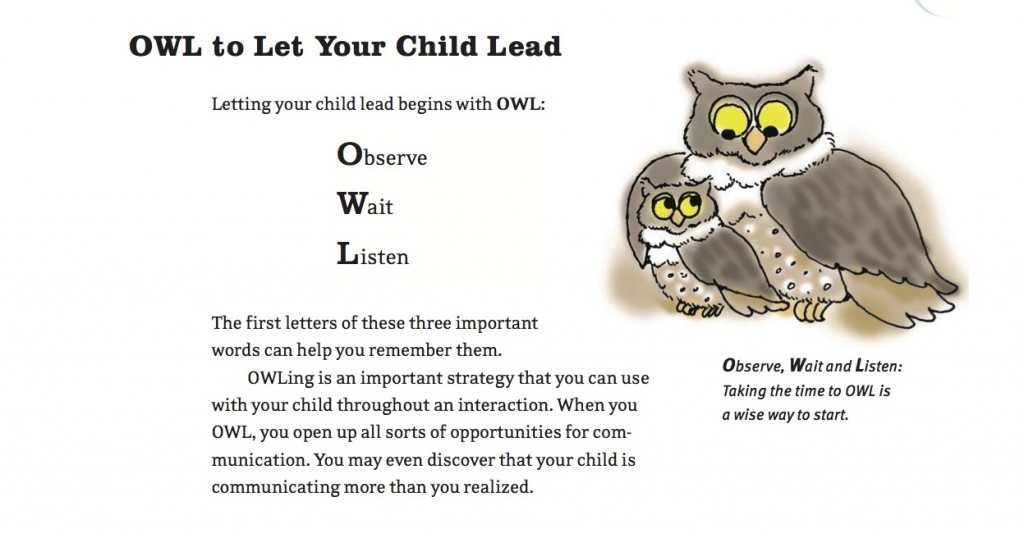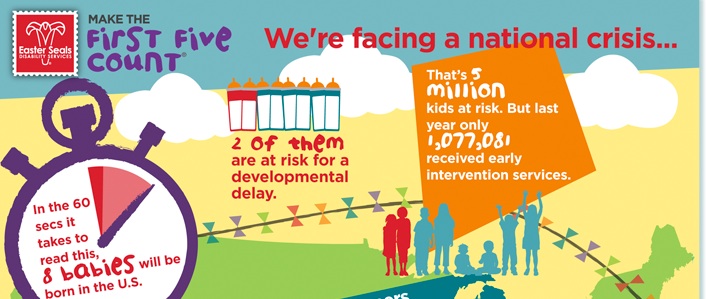Advantages of Early Intervention Found into the School Years
Playing with little ones serves and important purpose in the world of speech and language therapy. “Early intervention” is a support system for children with developmental disabilities or delays and their families. Speech language pathologist might provide early intervention services to a child between the ages of birth-three years, before they qualify for preschool. According to a review of the efficacy of the Early Start Denver Model for children with autism, early intervention services (at least following this model) could reduce the need for future therapies.
The Early Start Denver Model is a comprehensive behavioral early intervention program for children with autism; delivered as young as 12 months. A review of its efficacy has been found to reduce the need for ASD therapies and special education services through the school years for children who received services. This means the cost of services in the early years might be well worth it in the long run because future costs are reduced. The Early Start Denver Model is the first early intervention for toddlers with ASD to have undergone a controlled clinical study of intensive early intervention. Other studies have found that children who participated in the Early Start Denver Model had both improvement of social skills and brain responses to social stimuli.
Of course these results are only specific to this model, but it certainly provides a mountain of support for the efficacy of early intervention services provided to toddlers and infants with all language, motor, sensory or other disabilities.
What does an SLP do in Early Intervention?
You might wonder why is early intervention different than other modes of delivery for an SLP? As mentioned early, early intervention is specific to the age group of birth to three years. This age group is at a critical point in development, making it a special are of speech and language pathology. According to the American Speech Language Hearing Association (ASHA), an SLPs responsibilities in this setting include:
- Prevention
- Screening, Evaluation, and Assessment
- Planning, Implementing, and Monitoring Intervention
- Consultation With and Education of Team Members, Including Families and Other Professionals
- Service Coordination
- Transition Planning
- Advocacy
- Awareness and Advancement of the Knowledge Base in Early Intervention
The key component of early intervention services is however, the following:
- Services Are Family-Centered and Culturally Responsive
- Services Are Developmentally Supportive and Promote Children’s Participation in Their Natural Environments
This is essential and possibly one very important component of the Early Start Denver Model and why it has been so successful, a large component of the program involves parent training. In fact, according to Geri Dawson, Ph.D., research has shown that the effectiveness of early intervention is increased when parents are using similar teaching strategies.

Source: hanen.org
Other Parent Training Programs for Early Years
Early language development is best provided by parents. Speech pathologists can provide direct treatment but might also provide services to parents. Another popular program is Hanen, It Takes Two to Talk, a program for parents of children with speech and language delays. Check out their website for upcoming conferences, training or to find certified SLPs who can deliver content from




